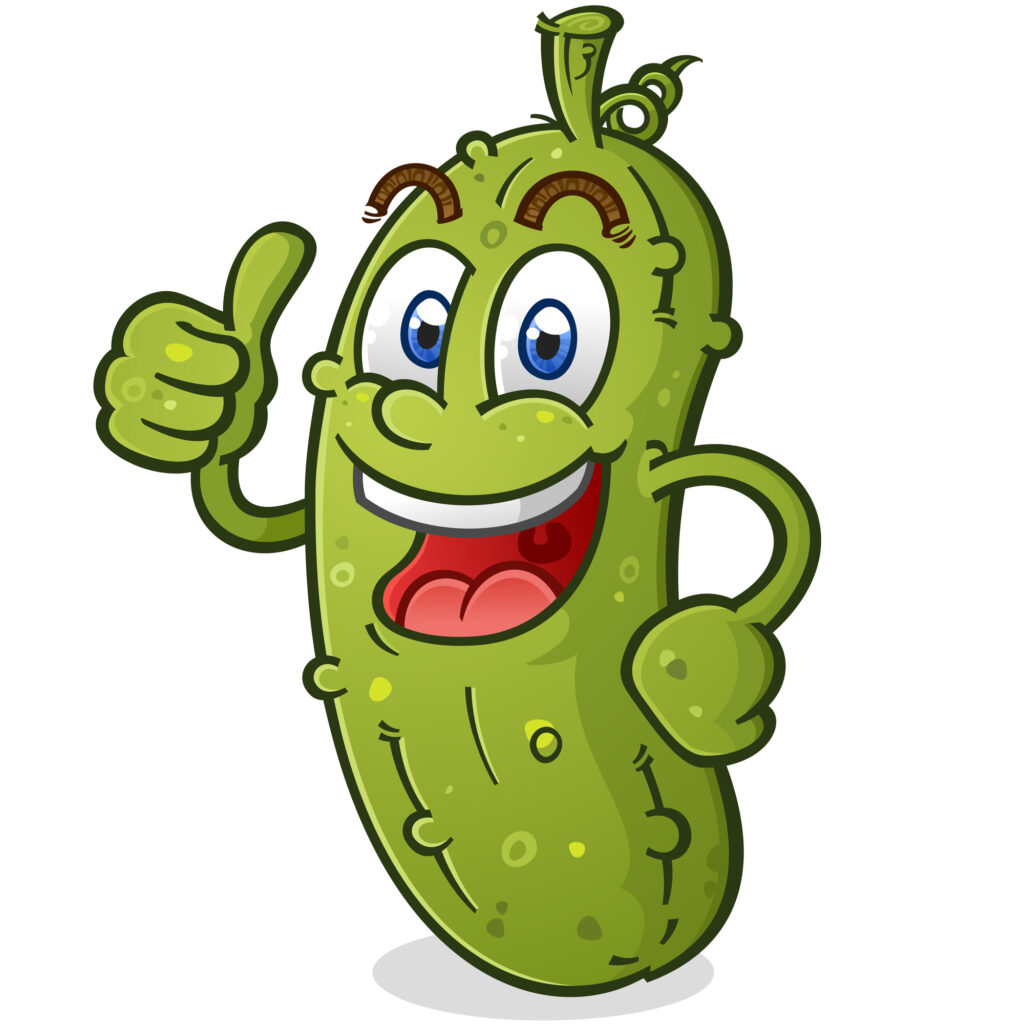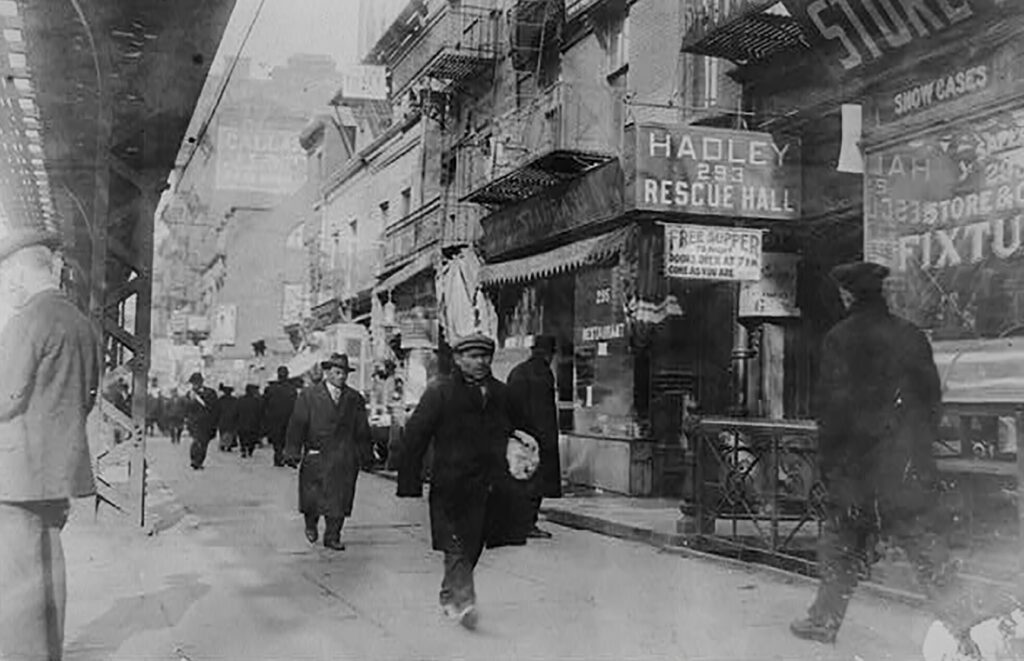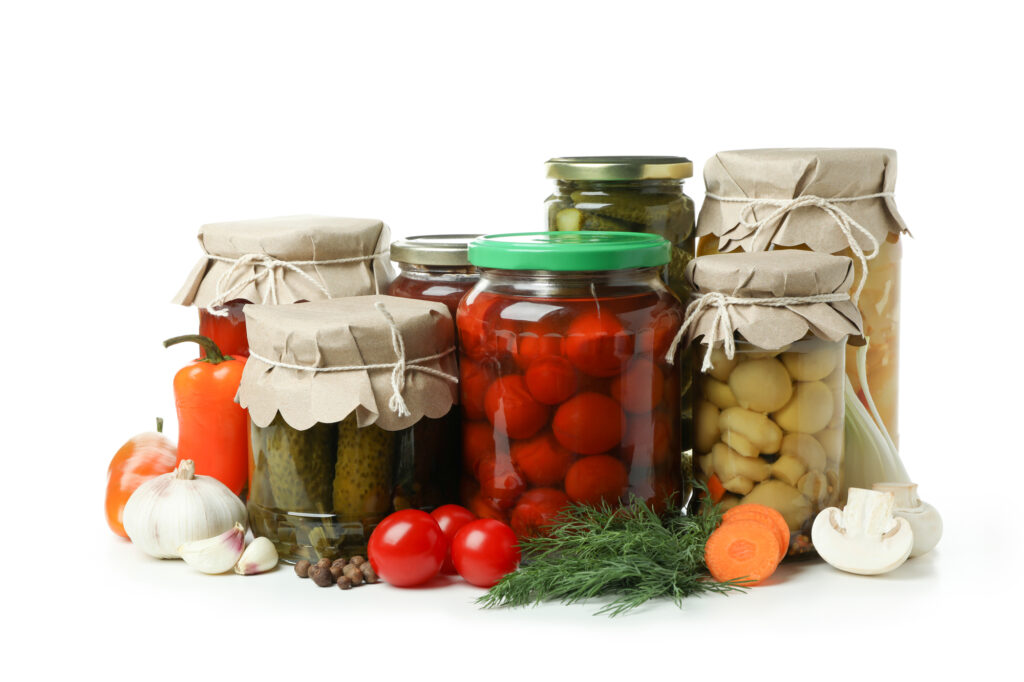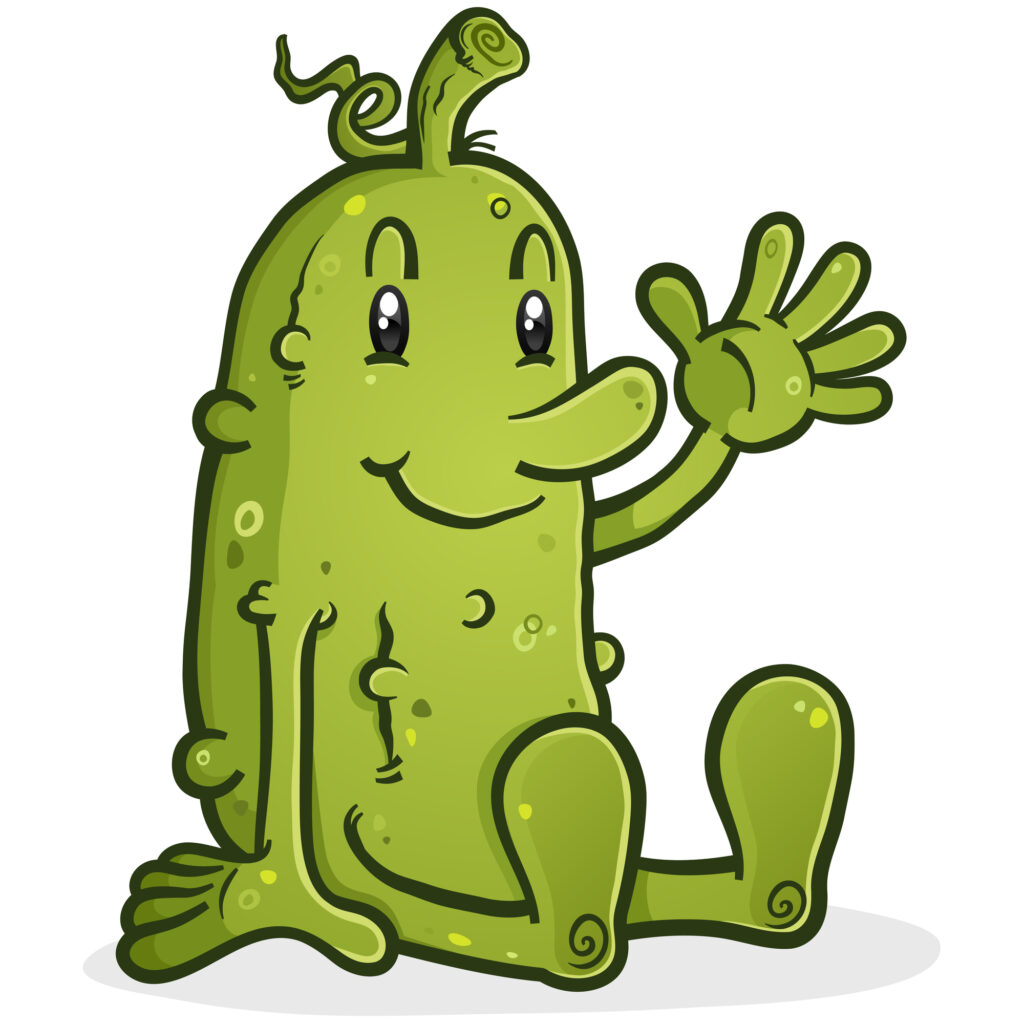I remember mom taking me to the local market. It was an old store with stained wood floorboards, sagging shelves, and barrels filled with two types of pickles – new (half sour) and dill (sour). My job was using tongs to fish out the best dill in the barrel, garlicky pickle juice running deliciously down my arm.
I was fishing into history.
Pickles have an impressive story. Think Shakespeare, Columbus, Napoleon, Thomas Jefferson, and Cleopatra.
Cleopatra?
She swore that pickles were her go-to beauty secret.
What are pickles? Any fresh fruit or vegetable, covered in an acidic or saltwater bath with spices, sugar, garlic, or herbs, and stored until fermented. Cucumbers are the most popular but there’s also shredded cabbage (sauerkraut), beets, green tomatoes, and more.
Pickling goes back four thousand years to ancient Mesopotamia. It was ideal for preserving food when you didn’t have a refrigerator.
Aristotle praised the health benefits of pickles. Julius Caesar, in the First Century, fed pickles to his troops, believing they improved physical and mental strength. Amerigo Vespucci, our namesake (America), was a pickle-merchant-turned-explorer from Seville. His crew sailed with lots of pickles.
Pickles saved Columbus’ voyages. He sailed with barrels onboard to prevent scurvy, a deadly disease caused by Vitamin C deficiency. One might say that if it wasn’t for pickles, Columbus would never have discovered America.
Napoleon Bonaparte offered to pay twelve thousand francs ($250,000 today) to the person who found the best way to pickle and preserve food for his troops. Chef Nicolas Appert won by bottling food, removing the air, and boiling the bottle.
Pickles were life-saving, tasty, and easy to store. Thomas Jefferson noted, “on a hot day in Virginia, I know nothing more comforting than a fine-spiced pickle.”
Decades later “Pickle King” H.J. Heinz attracted people to his out-of-the-way booth at the 1893 World’s Fair. He gave a free dark green pin to people who tasted his pickles. One million pickle pins were given away. The same thing happened in the 1896, 1898, and 1939 World Fairs.
Today Heinz boasts the largest pickle factory in the world located in Holland, Michigan. No surprise. Ninety percent of Americans eat pickles.
A history of pickles can’t be complete without the Jewish immigrants at the turn of the twentieth century. According to The Pickle Guys, pickles were a staple for Eastern European Ashkenazi Jews. They put cabbage, cucumbers, and beets in wooden barrels to ferment in salt brine and spices. Pickles were eaten with black bread and potatoes. The recipe was brought to New York’s lower east side where many stores today continue the tradition.
When I fish for dills, I think of them.
During World War II, the U.S. government rationed pickles. Forty percent went to the military. After the war, International Pickle Week was launched.
Pickles are in almost every cuisine around the world. India boasts mango pickles, South Korea has kimchi (spicy pickled cabbage), Japan has kari (pickled ginger), Israel has torshi (pickled root vegetables), and France has cornichons. Some people drink pickle juice, others munch on deep-fried pickles or savor dill pickle bread.
Pickles are part of our daily lives. Shakespeare wrote in The Tempest, “How camest thou in this pickle?” Now we say I’m in a pickle or he’s totally pickled (after the party). Do you know anyone who is a pickle puss? How about playing pickleball or the first thing you offer to a pregnant woman along with ice cream? There’s Magic Pickle and superhero, Mr. Pickle.
Celebrate National Pickle Day in November or head for one of many pickle festivals. Check out the self-anointed pickle capital of the world (St. Charles, Illinois) or the biggest pickle – a three story Heinz balloon in Pittsburgh.
If all else fails, take a seat, grab a jar of pickles, pickle ice cream, and a bag of pickle potato chips. Settle in wearing pickle pajamas and watch the movie, An American Pickle.
Don’t let the pickle juice run down your arm.






Fantastic! Your blogs are so much fun, and so informative, on subjects that I think are rarely thought about. I never thought much about pickles before reading your blog. I remember the pickle barrel at the five and dime when I was growing up! It was a real treat. Hey, if pickles are good enough for Thomas Jefferson, they are good enough for me. I’m sure there are still pickle barrels somewhere and I’m going to go find one! Thanks for the excellent article as always.